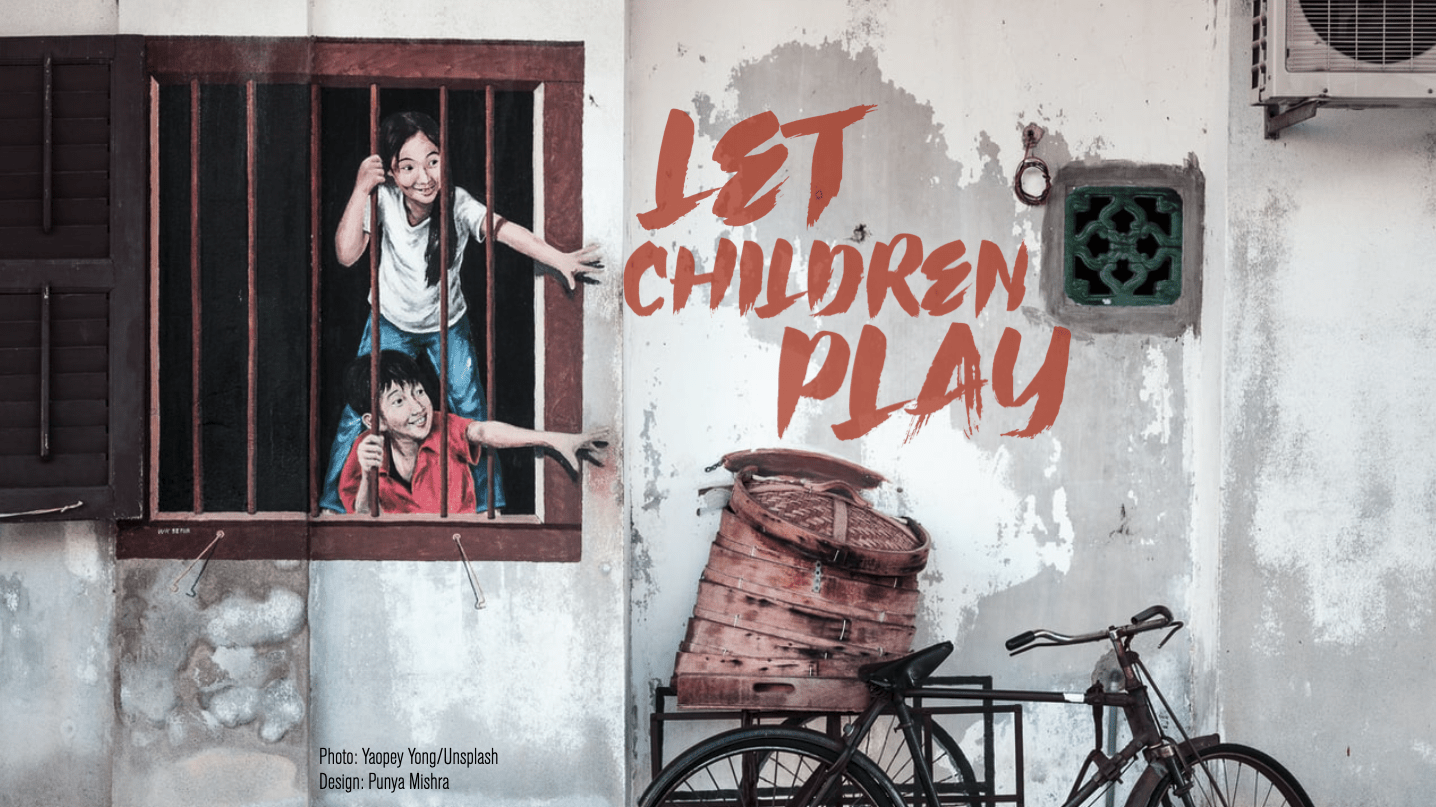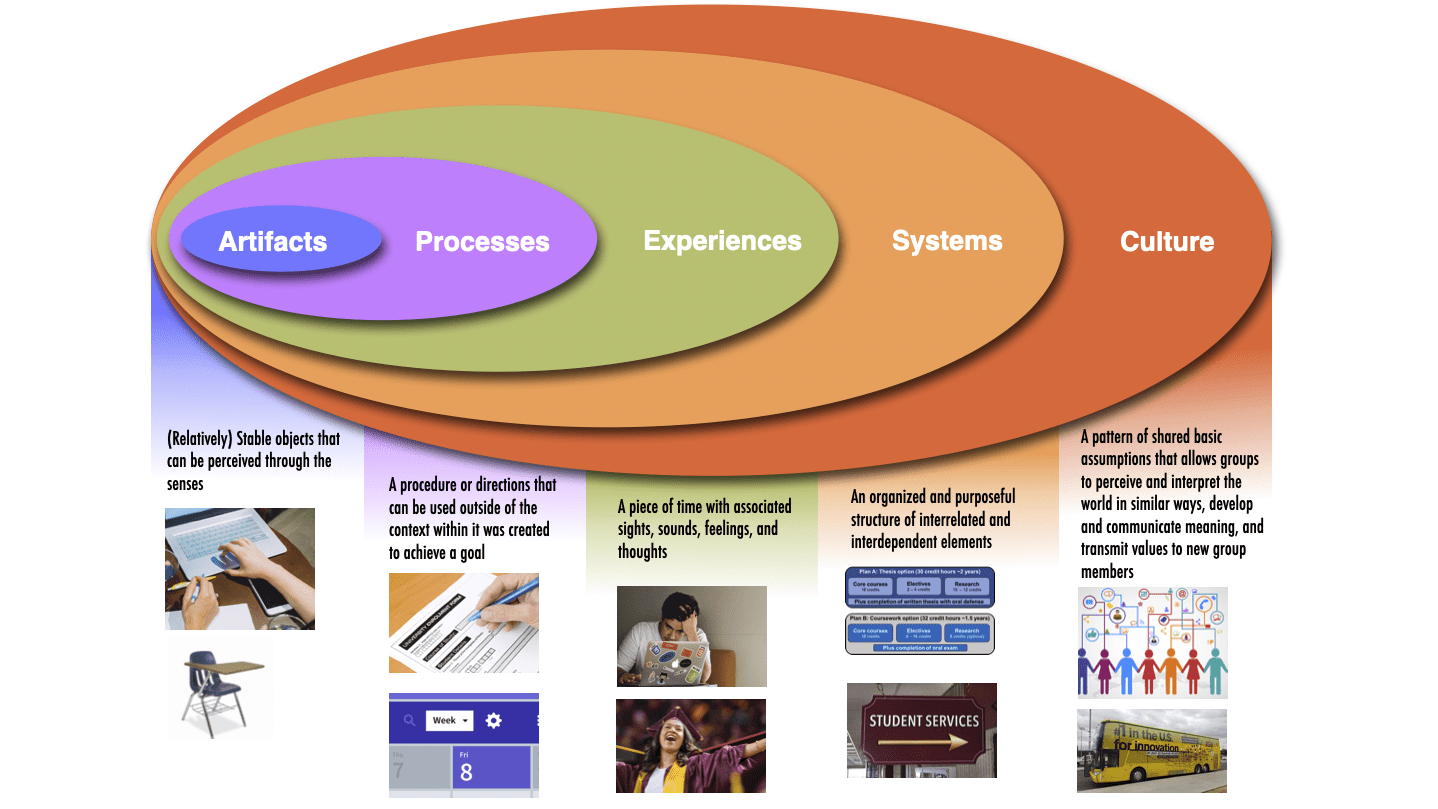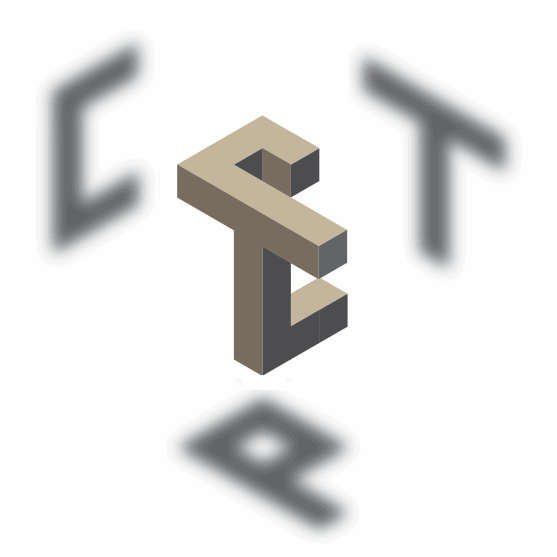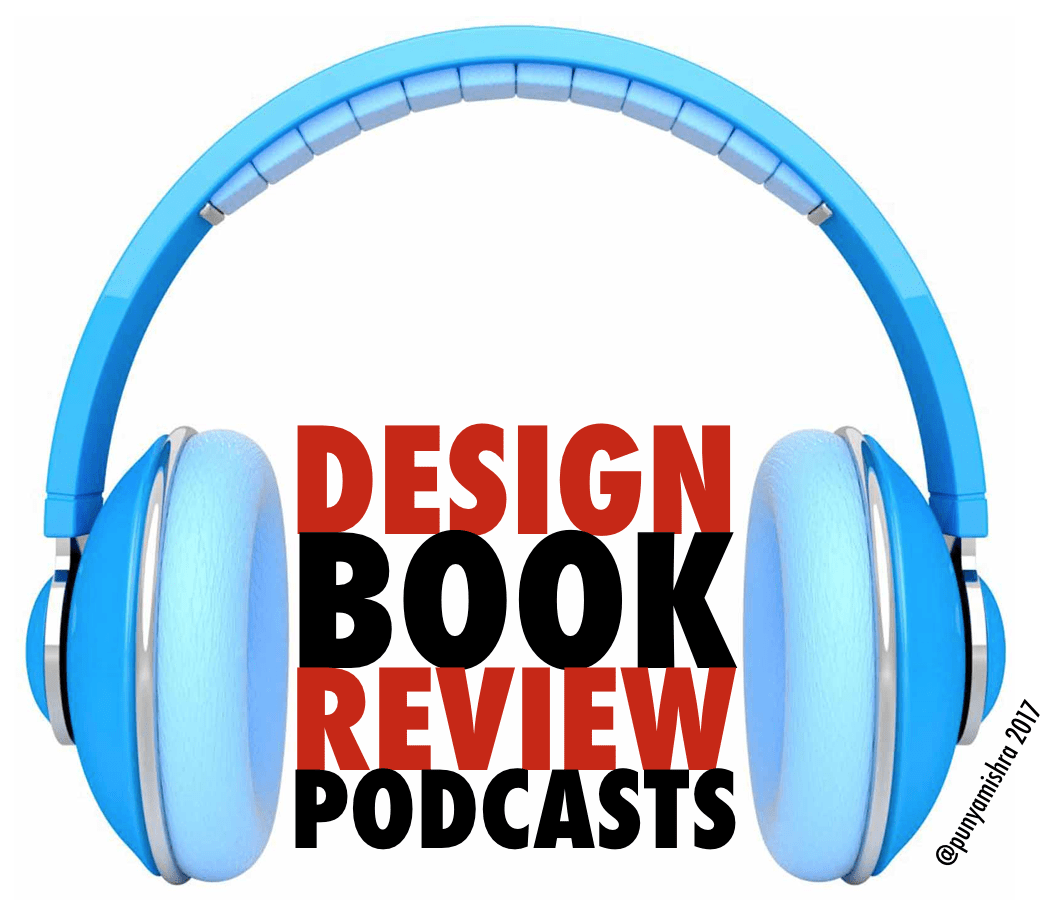Dr. Clare Kilbane, Associate Professor at Otterbein University in Westerville, Ohio recently created an enhanced podcast/vodcast explaining TPACK as a part of an ARRA grant implemented in the state of Ohio last spring. This podcast/vodcast was designed in the style of “podcasts created by Commoncraft (with permission from Lee LeFever of course).” It now available to view on Vimeo.
TPACK 101 from Clare Kilbane on Vimeo.
Also, students in the Curriculum Design and Educational Innovation program at Twente University have been blogging about their work with TPACK. I was informed of this by my friend Petra Fisser faculty member at Twente University, and the faculty lead on this course. I have had a long relationship with the faculty and students at Twente (see here and here and here). As an extension of this, Petra wanted me to comment on the student blogs – which was difficult given that there were 23(!) of them. What I did instead is read through all of them and send some feedback to the class as a whole. [I have included what I wrote at the end of this posting, just for the record.] I also promised to provide links to their blogs on my site, for other people to read. If you do visit these pages, take a moment to post a comment or a thought. I know it will be greatly appreciated by the students. Here are the links
1. Anand, Gargi
2. Berning, Dorien
3. Birru, Habtamu Haile
4. Donk, van der, Simone
5. Duteweerd, Linda
6. Ebbeler, Johanna
7. Getenet, Seyum
8. Heitink, Maaike
9. Hetjes, Mariëtte
10. Ilsink, Lianne
11. Kemps, Joke
12. Kramer, Marloes
13. Meijer, Nicky
14. Noordink, Marlijne
15. Pattipeilohy, Vascolino
16. Pikaar, Yara
17. Rem, Frank
18. Ruiter, de, Lotte
19. Suhendri, Suhendri
20. Tijhuis, Thomas
21. Veen, van der, Elly
22. Warringa, Gonneke
23. Welsen, van, Jeffrey
Here is the feedback that I sent to the whole class.
Dear friends —
Thank you for inviting me to your class (albeit virtually). When Petra asked me to look over your blogs I said yes enthusiastically, and looked forward to reading and commenting on all of your posts. At that time, however, I did not realize that there were 23 blogs I had promised to look at and comment on. I have read all the posts but given my busy schedule, I realized it would be impossible to comment on every post and I didn’t want to post on some and not on others, so I decided to write this extended note to all of you.
Reading all your blog posts was great fun. It was good to see all the different yet similar takes on the TPACK framework. Clearly all of you have approached the topic quite thoughtfully and seriously. I was also pleased to see some of the examples you guys provided about examples of TPACK. TPACK has multiple uses, as an analytic framework for researchers (so that they can use it to study actual classrooms and what happens there) but as importantly as a tool for defining a better kind of practice. This is why the examples, the mindmaps, the images, the cartoons, all were great for me to see and read. In fact for most of the blogs I went ahead and read the posts about flexibility and pedagogy as well. So I got a great introduction to the course, though in a backward sequence (TPACK followed by pedagogy followed by Flexibility).
I think this idea of placing flexibility first in the sequence was a great one because it introduced you to what I think is the most crucial aspect of the TPACK framework – the idea that one can start with any of the three knowledge bases and still end up with an integrated curriculum design. And this requires flexibility, since once you include a new pedagogy in your thinking it will necessarily change how you think of how content is to be represented and what technologies can best do that. So what is important here is the end goal – that of integration rather than how you get there.
One misconception that seemed to see had to do with the conceptualization of TCK. TCK is often described/defined as or ability to match the technology to the subject matter content to achieve specific subject matter goals or learning outcomes. Though that is not wrong it is misses an important point regarding how technology (historically speaking) has shaped and changed the representations and cognitions in the disciplines. Be it physics or chemistry, art or music, new technologies have provided new ways of understanding and new ways of representing these understandings. Think of how the advent of fMRI, eye tracker technology, PET have led to flowering of the field we now called neuroscience! Thus TCK is more than the matching it is also understanding how technologies have changed content over time and this is important for teachers to know.
That’s all for now. I have truly enjoyed reading your blogs and I wish I had the time to post comments to each of you individually. I am writing this to you from 30,000 feet above sea level, from an airplane, as I fly from Detroit to Las Vegas for a conference. How awesome can technology be!
Another final piece of advice (or suggestion) is that each of you continue to maintain your blog. I have found writing to be the best way of thinking – often I don’t know what I think about a particular topic till I start writing a blog post about it. Suddenly things that seemed clear become vague and things that I hadn’t given much thought to come to the forefront. The discipline of writing and articulating what you are thinking (for a real audience) on a regular basis is a wonderful cognitive tool to have. I have been blogging for a couple of years now and frankly I blog not for any body else (I mean I love it when people comment on my posts) but that is not the reason I blog. I sincerely hope that these beginning steps that are taking in this new medium will not stop once the class if over and that your posts will not depend on an assignment given to you by a professor but rather will emerge from your own thinking and experience. And that will be awesome.
Thank you for listening to me and I look forward to future interactions, hopefully in Enschede sometime soon.
sincerely ~ punya





Hi Punya,
It is an interesting website. I get valuable and new information on TPACK from it
Suhendri
Thanks for the part of TCK ,which confirmed what I have read from your work and pointed out the misconception that I have came across from several papers.
Thanks Punya, we’ve appreciated your feedback very much! I will keep you posted on the students’ work with regard to designing professional development in relation to TPACK…